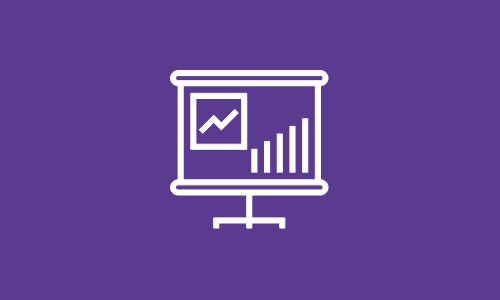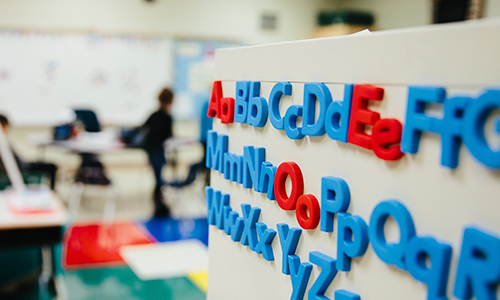Social-emotional learning
Students don’t learn only during the school year, and academic growth trajectories can change as students move from kindergarten through high school. Academic growth patterns across time—both in school and during the summer—can differ for various groups of students, and those patterns can influence academic achievement gaps. Our research advances understanding of seasonal learning patterns, summer loss, and school and non-school contributions to student growth.


Through a series of simulation and empirical studies, we produce scores in a single-cohort repeated measure design using sum scores as well as multiple IRT approaches and compare the recovery of growth estimates from longitudinal growth models using each set of scores.
By: Megan Kuhfeld, James Soland
Topics: Growth modeling, Social-emotional learning


Self-efficacy and the ELL achievement gap
In this webinar, learn more about the relationship between self-efficacy and the achievement gap for English Language Learners (ELLs).
By: James Soland
Topics: Equity, English Language Learners, Social-emotional learning


Do students’ social-emotional learning (SEL) skills in middle school predict being off-track to graduate high school?
By: James Soland, Megan Kuhfeld
Topics: Growth modeling, Social-emotional learning


This study investigates whether rapid guessing is a stable trait-like behavior or if rapid guessing is determined mostly by situational variables, and whether rapid guessing over the course of several tests is associated with certain psychological and background measures. We find that rapid guessing tends to be more state-like compared to academic achievement scores, which are fairly stable and that repeated rapid guessing is strongly associated with students’ academic self-efficacy and self-management scores.
By: James Soland, Megan Kuhfeld
Topics: Measurement & scaling, School & test engagement, Social-emotional learning


In this study, multivariate models that jointly estimate growth in achievement and self-efficacy during middle school are used to see how underlying developmental processes relate for ELLs.
By: James Soland
Topics: Equity, English Language Learners, Social-emotional learning


This study uses an analytic example to explore whether metadata might help illuminate such constructs. Specifically, analyses examine whether the amount of time students spend on test items (after accounting for item difficulty and estimates of true achievement), and difficult items in particular, tell us anything about the student’s academic motivation and self‐efficacy.
By: James Soland
Topics: School & test engagement, Math & STEM, Social-emotional learning


English Language Learners, self-efficacy, and the achievement gap
Learn more about the relationship between self-efficacy and the persistence of achievement gaps for English Language Learners.
By: James Soland
Topics: Equity, English Language Learners, Social-emotional learning


